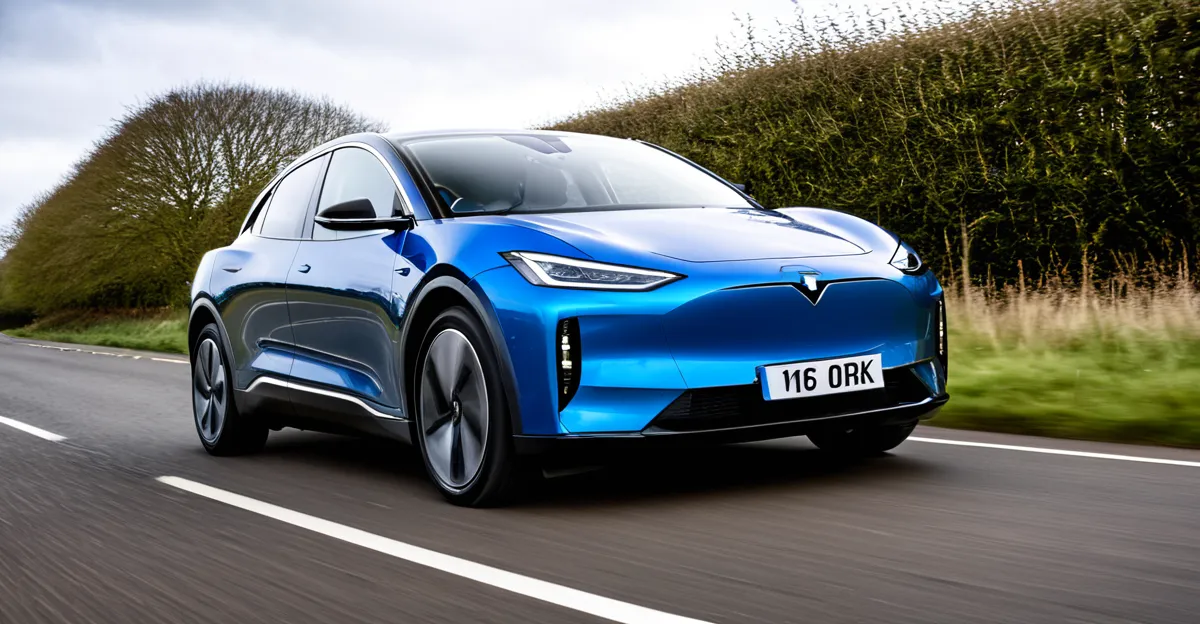Key Innovations in Electric Vehicle Technology in the UK
The UK’s electric vehicle sector has experienced significant strides due to key EV technology advancements and cutting-edge electric vehicle innovations UK. Central to these developments are groundbreaking innovations in battery innovation, which have improved both energy density and overall battery lifespan. These improvements enable vehicles to travel greater distances on a single charge, reducing range anxiety—a primary concern among potential buyers. Battery technology now focuses not only on capacity but also on faster charging speeds and enhanced safety, which are crucial for broader consumer acceptance.
In addition to battery advances, the evolution of fast-charging infrastructure is reshaping EV usability in the UK. New charging stations are increasingly equipped with rapid chargers, significantly reducing recharge times. This progress is tightly linked with smart grid integration, where charging is optimized based on grid demand and renewable energy availability. Customers can enjoy convenient, efficient charging experiences while supporting grid stability and cleaner energy use.
Have you seen this : How are UK automakers leveraging AI to improve vehicle safety?
Vehicle design has also been a focus area, with UK engineers incorporating lightweight materials to boost efficiency and performance. Using composites and advanced alloys reduces vehicle weight, directly improving range and handling. These materials contribute to more sustainable manufacturing processes by enabling smaller battery sizes without compromising driving distance. Together, these innovations demonstrate the UK’s commitment to pushing EV technology to new heights, ensuring electric vehicles remain competitive and practical for everyday use.
Government Policies and Incentives Accelerating EV Adoption
The UK government EV incentives play a pivotal role in boosting electric vehicle adoption across the country. These incentives include grants that directly reduce the purchase price of new electric cars, making EV ownership more accessible. For example, buyers can benefit from Plug-in Car Grants, which effectively lower upfront costs and encourage wider market uptake. Tax breaks, such as exemptions from vehicle excise duty and reduced company car taxes, add further financial appeal, supporting both private and business EV buyers.
In the same genre : What is the future of autonomous vehicles in the UK automotive market?
In addition to financial incentives, electric car policies UK incorporate clean air zones and zero-emission mandates designed to improve urban air quality. Clean air zones restrict or charge high-polluting vehicles entering specific areas, pushing consumers and fleets towards EVs. Simultaneously, zero emissions targets compel manufacturers and local authorities to accelerate the shift away from traditional combustion engines, fostering a robust environment for electric vehicle innovation and uptake.
Strategic government investments have focused heavily on expanding the charging infrastructure, a vital component of the EV ecosystem. Funding supports the rollout of rapid chargers nationwide, ensuring convenient access and alleviating range anxiety. Moreover, significant resources are allocated to research and development (R&D), nurturing innovations that enhance battery performance and vehicle efficiency. Collectively, these policies and investments form a comprehensive framework that drives the UK’s transition to a zero-emission transport future.





